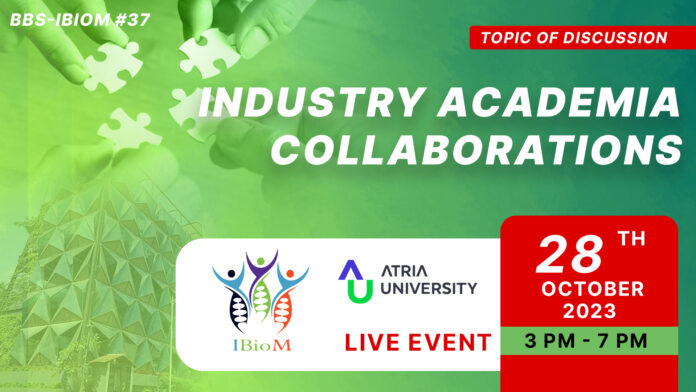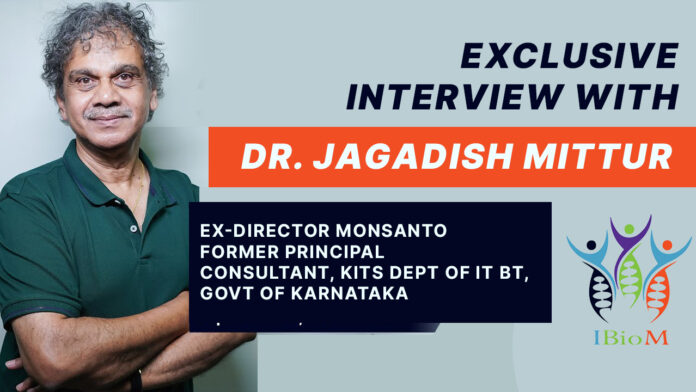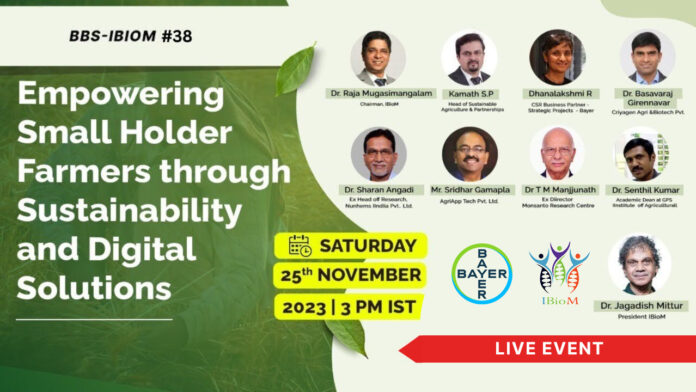Utilising Nature: The Importance of Plant Life Beyond Food and Materials
Overview
The keynote talk by Dr. Ganesh M Kishore at the Indian Institute of Science (IISc) focused on the multifaceted roles of plants beyond just food and materials. It covered sustainable development strategies, biotechnology advancements, and innovative agricultural practices.
Key Highlights
Plants Provide More Than Just Food Dr. Kishore began by emphasizing that plants are not only a source of food but also provide materials such as chocolate, coffee, tea, tires, and construction materials. He highlighted the potential of life sciences to make these resources more efficient and widely available.
Challenges and Strategies for Sustainable Development Dr. Kishore addressed the need for sustainable and high-quality food production over the next 25 years. He discussed adapting transportation systems, material provision, and resource utilization for inclusive growth and environmental protection.
Agriculture and Greenhouse Gas Emissions The talk noted that agriculture significantly contributes to greenhouse gas emissions, particularly methane and nitrous oxide. Dr. Kishore mentioned ongoing efforts by companies to develop technologies that reduce these emissions.
Biotechnology Industry Evolution Over the past 70 years, biotechnology has evolved from basic antibiotic production to advanced applications in breeding, editing technologies, and pathogen detection. Dr. Kishore highlighted recent developments like Deep Mind’s Alpha Fold for protein structure determination.
Genetic Potential of Plants Plants possess genetic potential to withstand various stresses, but there remains a gap between potential and actual crop yields. Bridging this gap through genetic improvement presents a significant opportunity.
Technological Innovations in Agriculture Dr. Kishore discussed the introduction of chemical pesticides and innovations like Roundup Ready crops, which have transformed agricultural practices and promoted no-till farming.
BT Technology in Cotton Farming The introduction of BT technology revolutionized cotton farming in India, turning the country into a cotton exporter within two years. This technology has significantly impacted insect and virus control in agriculture.
Innovative Insect Control Methods Dr. Kishore described using pheromones to disrupt insect mating and developing selective insect control methods to protect non-target species.
Antimicrobial Compounds for Plant Protection The development of antimicrobial compounds for plant protection was showcased, demonstrating their effectiveness in controlling pathogens like sarasora and white mold in crops.
Master Regulator for Protein Content A master regulator has been discovered to increase protein content in crops by 20 to 30%, with ongoing research focused on protecting this increased protein from degradation.
Precision Technology in Agriculture Precision technology allows for precise harvesting and quality control, improving seed germination and crop quality in applications such as dairy feed operations, grain storage, and berry production.
Fertilizers as Pollutants Fertilizers are major agricultural pollutants due to the energy-intensive process of converting nitrogen to ammonia. Using legumes as rotation crops can reduce nitrogen needs and environmental impact.
Urgency for Innovations by 2050 Dr. Kishore stressed the need for urgent action on innovations for sustainability by 2050, noting that current efforts may become insufficient for future generations.
Near-Infrared Spectrometer Applications The near-infrared spectrometer, currently used in military applications, has potential for consumer use, offering accurate measurements through multiple layers of skin regardless of skin color.
Sustainable Alternatives to Plastics Exploring sustainable alternatives to plastics, including genetic improvements in crop yield and next-generation chemistries for plant sterilization, was discussed.
Political Leaders and Science-Based Decisions Dr. Kishore highlighted the importance of science-based decisions by political leaders, mentioning Rajiv Gandhi and Prime Minister Modi’s interest in bringing technology to governance.
Augmented Intelligence for Insecticide Reduction Augmented intelligence is being utilized to explore new modes of action for insecticides and apply AI capabilities for analyzing insect movement patterns.
Introduction to IBioM The Indian Biotech and MSME Startups Foundation (IBioM) supports young entrepreneurs in the biotech field, helping PhD students and researchers transition into startup entrepreneurship.
Biotechnica and Remote Monitoring Solutions Sher Suman introduced Biotechnica’s new product for remote temperature monitoring and control, which features WhatsApp alerts and battery power.
Make in India Smart Temperature Sensor A Make in India initiative by Tinker B Innovations, funded by the Department of Science India, developed a smart temperature sensor for monitoring refrigeration during the transportation of vaccines, milk, fruits, and vegetables without requiring a wireless network.
Conclusion
Dr. Ganesh M Kishore’s keynote talk at IISc highlighted the diverse applications of plants beyond food, emphasizing the importance of sustainable practices, biotechnology advancements, and innovative agricultural solutions. The event underscored the urgency of adopting new technologies and strategies to ensure a sustainable future for agriculture and beyond.




